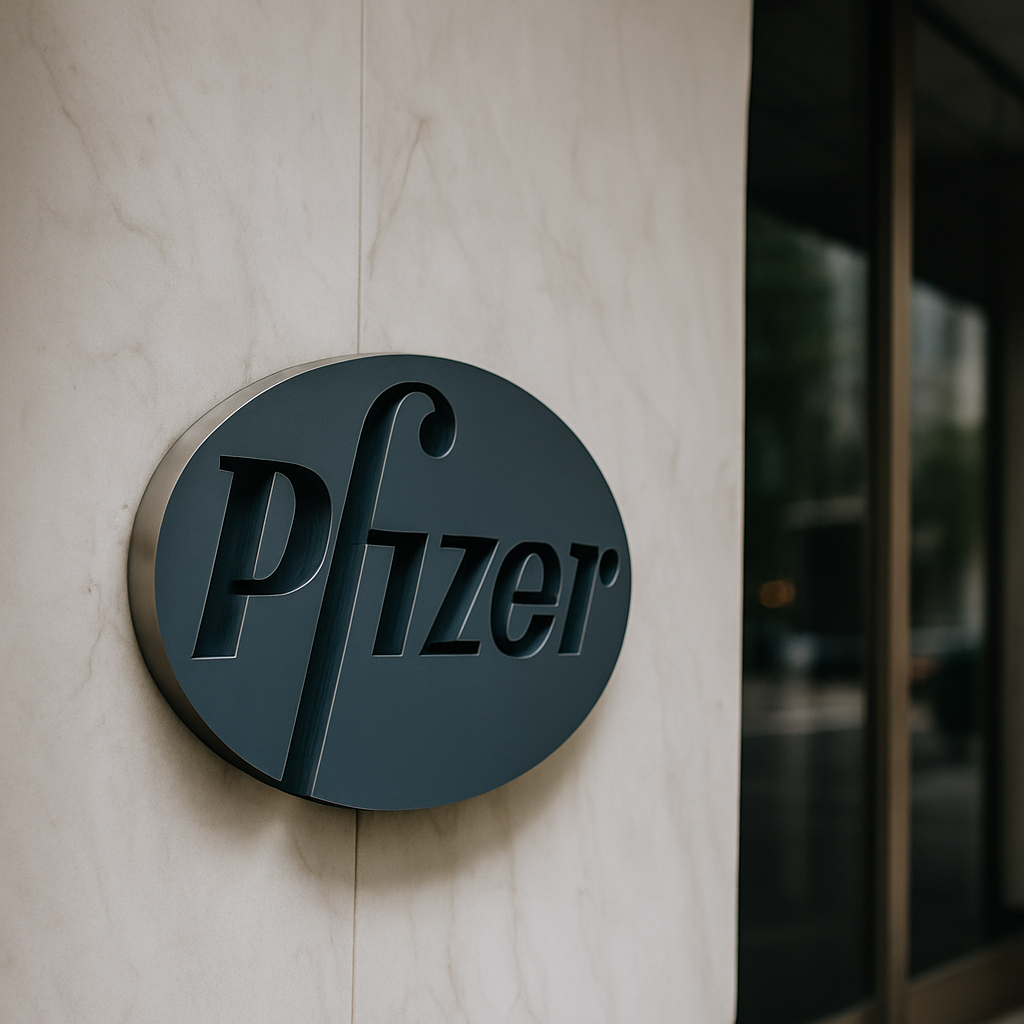Texas AG Ken Paxton Sues Pfizer Over Alleged COVID Vaccine Claims
Texas Attorney General Ken Paxton has filed a lawsuit against pharmaceutical giant Pfizer, accusing the company of misleading the public about the effectiveness of its COVID-19 vaccine. The lawsuit claims that Pfizer exaggerated its clinical trial results and censored critics to maintain public support and secure billions in government contracts. It’s a case that could reshape the legal boundaries between public health, free speech, and corporate accountability.
Can a company be sued for overpromising hope during a pandemic? That’s the core of the argument. The lawsuit alleges that Pfizer’s early claims — specifically that its vaccine was “95% effective” — misled the public and policymakers. According to Paxton, internal company communications show that executives knew the vaccine’s effectiveness would vary over time and by variant but continued using the 95% figure in marketing and media interviews long after that data no longer applied.
Pfizer has denied the allegations, calling the lawsuit politically motivated and scientifically unfounded. The company maintains that its data was thoroughly reviewed by federal regulators and that all marketing materials were consistent with FDA guidance. But the lawsuit insists that the company went further — not just promoting its product, but allegedly suppressing independent voices that questioned it.
Does this case have legs in court? Legal experts are split. On one hand, drug companies are subject to strict rules when it comes to product claims. Misleading the public — particularly during a health emergency — can carry real consequences. On the other hand, Pfizer will likely argue that it followed federal protocols, provided full transparency to the FDA, and that changing virus conditions aren’t grounds for retroactive liability.
Why is Texas leading this charge? Paxton has made headlines before for challenging federal agencies and large corporations. Some see the lawsuit as an extension of broader political narratives around vaccine skepticism and government overreach. Others believe it represents a genuine effort to hold pharmaceutical companies accountable for their role in one of the most high-stakes public health rollouts in modern history.
What does this mean for future health crises? If the court sides with Texas, it could force pharmaceutical companies to take a more cautious, detailed approach in public communications — especially under emergency conditions. It could also lead to more litigation when public trust erodes, regardless of whether the underlying science was sound.
And what about the public? Millions of people took the vaccine based on the belief that it was not only effective but essential. This lawsuit calls into question whether all the facts were shared, and whether dissenting views were unfairly silenced. Even if Pfizer is cleared, the case underscores how fragile public confidence can be — and how legal systems are now being used to interrogate the pandemic’s information flow.
This is more than a fight over a number. It’s a battle over transparency, trust, and who gets to shape the narrative when lives are on the line.


